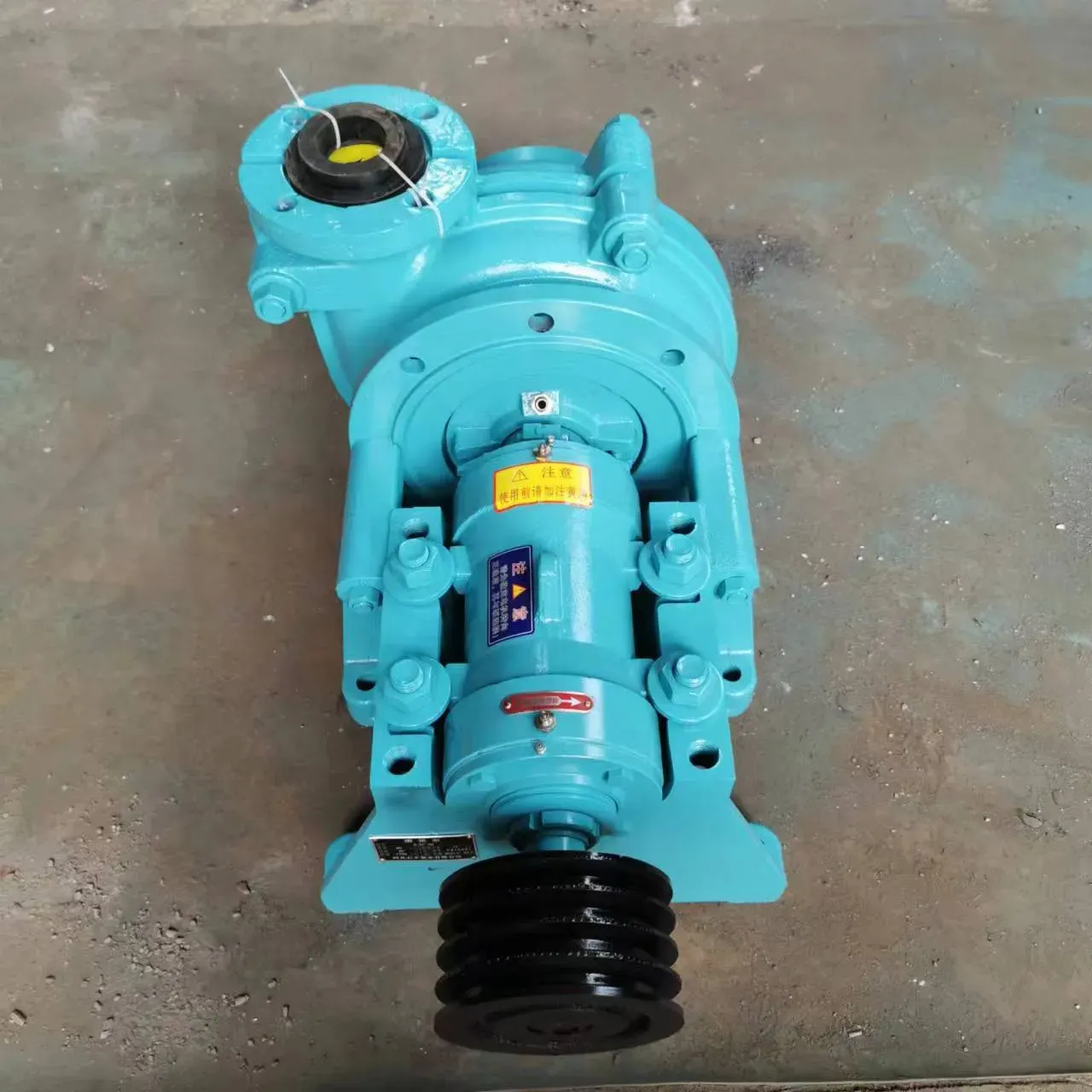English
- Afrikaans
- Albanian
- Amharic
- Arabic
- Armenian
- Azerbaijani
- Basque
- Belarusian
- Bengali
- Bosnian
- Bulgarian
- Catalan
- Cebuano
- Corsican
- Croatian
- Czech
- Danish
- Dutch
- English
- Esperanto
- Estonian
- Finnish
- French
- Frisian
- Galician
- Georgian
- German
- Greek
- Gujarati
- Haitian Creole
- hausa
- hawaiian
- Hebrew
- Hindi
- Miao
- Hungarian
- Icelandic
- igbo
- Indonesian
- irish
- Italian
- Japanese
- Javanese
- Kannada
- kazakh
- Khmer
- Rwandese
- Korean
- Kurdish
- Kyrgyz
- Lao
- Latin
- Latvian
- Lithuanian
- Luxembourgish
- Macedonian
- Malgashi
- Malay
- Malayalam
- Maltese
- Maori
- Marathi
- Mongolian
- Myanmar
- Nepali
- Norwegian
- Norwegian
- Occitan
- Pashto
- Persian
- Polish
- Portuguese
- Punjabi
- Romanian
- Russian
- Samoan
- Scottish Gaelic
- Serbian
- Sesotho
- Shona
- Sindhi
- Sinhala
- Slovak
- Slovenian
- Somali
- Spanish
- Sundanese
- Swahili
- Swedish
- Tagalog
- Tajik
- Tamil
- Tatar
- Telugu
- Thai
- Turkish
- Turkmen
- Ukrainian
- Urdu
- Uighur
- Uzbek
- Vietnamese
- Welsh
- Bantu
- Yiddish
- Yoruba
- Zulu
Telephone: +86 13120555503
Email: frank@cypump.com
Oct . 10, 2024 16:04 Back to list
submersible pumps for septic tanks
Submersible Pumps for Septic Tanks An Essential Component for Wastewater Management
Submersible pumps play a critical role in the efficient operation of septic tank systems, providing a reliable method for pumping wastewater away from the tank to a designated area for further treatment or drainage. Understanding the function, benefits, and maintenance of submersible pumps can significantly enhance the effectiveness of a septic system, ensuring that wastewater is managed safely and efficiently.
What is a Submersible Pump?
A submersible pump is a type of pump designed to be submerged in fluid, making it ideal for use in septic systems where it can transport wastewater from below the surface to the drain field or sewer line. Unlike non-submersible pumps, which require priming and are typically located above ground, submersible pumps are fully encased in a waterproof housing that allows them to operate effectively underwater. This design minimizes the risk of pump damage and reduces noise, making them a popular choice for residential and commercial septic systems.
How Does a Submersible Pump Work?
Typically installed within the septic tank, submersible pumps operate by using an electric motor to drive an impeller, creating pressure that pushes wastewater through pipes to the treatment area. As the tank fills with effluent, a float switch activates the pump automatically when it reaches a certain level, ensuring that the pump only operates when needed. This automated functionality helps prevent overflow and backups, maintaining the integrity of the septic system.
Benefits of Submersible Pumps in Septic Systems
1. Efficient Wastewater Management Submersible pumps effectively transport wastewater while minimizing the risk of blockages. This efficiency is crucial for maintaining the functionality of septic systems, especially in areas with high water tables.
2. Space-Saving Design Being submerged in the septic tank allows for a more compact system without sacrificing performance. This is particularly beneficial for properties with limited space or unique layouts.
3. Reduced Maintenance Many submersible pumps are designed with durable materials, reducing the need for frequent maintenance. Some models even feature built-in indicators that alert homeowners or maintenance personnel to potential issues.
submersible pumps for septic tanks

4. Noise Reduction Because submersible pumps operate underwater, they produce less noise compared to above-ground pumps. This feature is advantageous for residential settings where noise levels can be a concern.
5. Automatic Operation With built-in float switches, submersible pumps can automatically activate and deactivate based on water levels, providing peace of mind to property owners that the system is functioning correctly without constant monitoring.
Maintenance and Considerations
While submersible pumps are designed for durability and reliability, regular maintenance is vital for optimal performance. Homeowners should consider the following maintenance tips
- Routine Inspections Periodically check the pump and septic system components for signs of wear or damage. Look out for unusual noises, vibrations, or odors that could indicate potential problems.
- Pump Cleaning Sediments and sludge can build up in the tank, leading to clogs. Regular pumping of the septic tank is advised to remove waste and prevent issues with the pump.
- Monitor Pump Performance Keep an eye on the system’s efficiency, ensuring that it empties and fills as expected. Any changes in operational performance should be assessed by a professional.
- Professional Servicing Engage a licensed septic service technician to conduct routine maintenance checks and pump inspections to ensure the system is functioning correctly.
Conclusion
Submersible pumps are an essential element of effective septic tank systems, offering efficient, reliable, and low-maintenance solutions for wastewater management. By understanding their function and importance, homeowners can make informed decisions about their septic systems, ensuring adequate performance and longevity. Proper installation, regular maintenance, and awareness of the pump's condition can help prevent costly issues down the line, contributing to a safe and healthy environment. Whether installed in a residential or commercial setting, these pumps play a vital role in protecting public health and the ecosystem by managing sewage effectively.
-
ISG Series Vertical Pipeline Pump - Chi Yuan Pumps Co., LTD.|Advanced Hydraulic Design&Energy-Efficient Solutions
NewsJul.30,2025
-
ISG Series Vertical Pipeline Pump - Chi Yuan Pumps Co., LTD.
NewsJul.30,2025
-
ISG Series Vertical Pipeline Pump - Chi Yuan Pumps Co., LTD.|energy-efficient fluid handling&industrial durability
NewsJul.30,2025
-
ISG Series Vertical Pipeline Pump - Chi Yuan Pumps | Advanced Engineering&Industrial Efficiency
NewsJul.30,2025
-
ISG Series Pipeline Pump - Chi Yuan Pumps | High Efficiency, Energy Saving
NewsJul.30,2025
-
ISG Series Vertical Pipeline Pump-Chi Yuan Pumps|High Efficiency&Reliable Performance
NewsJul.29,2025










